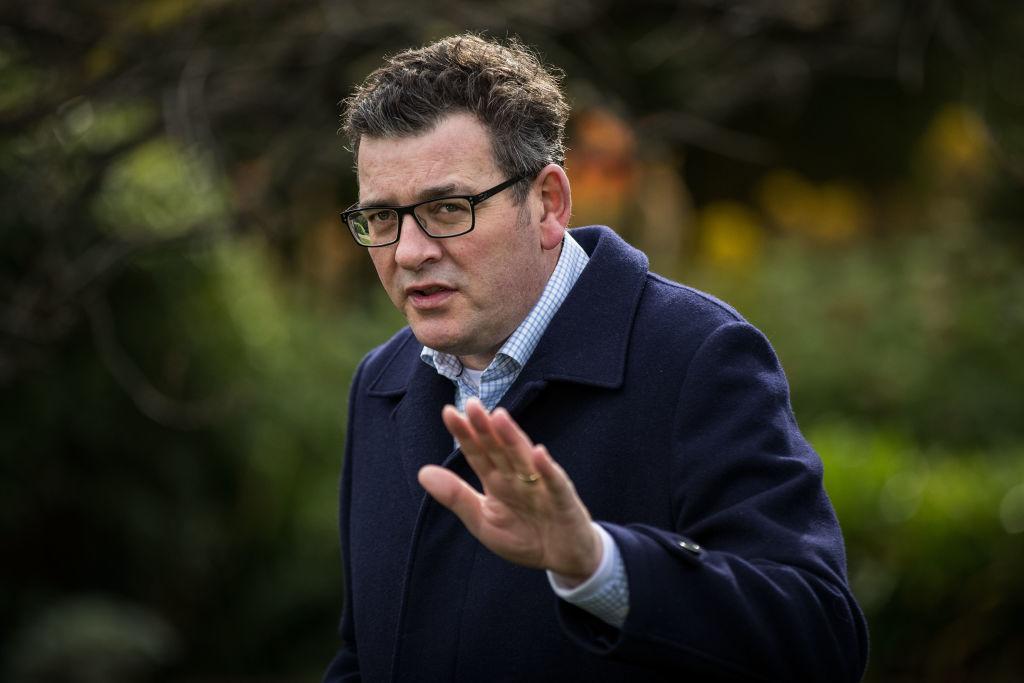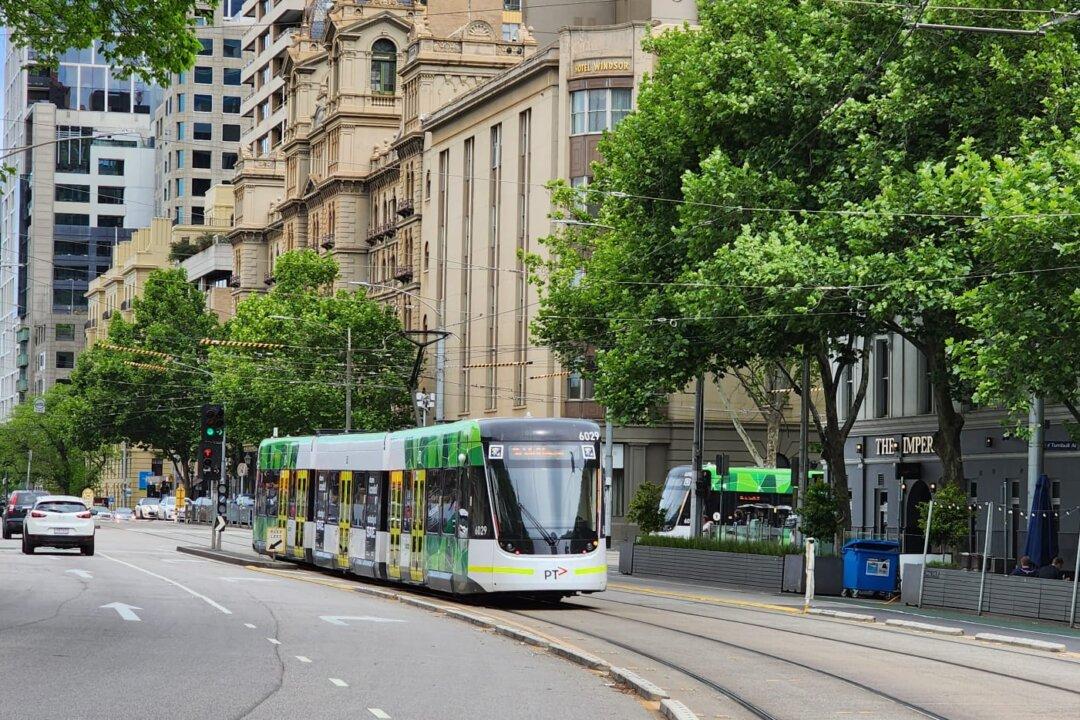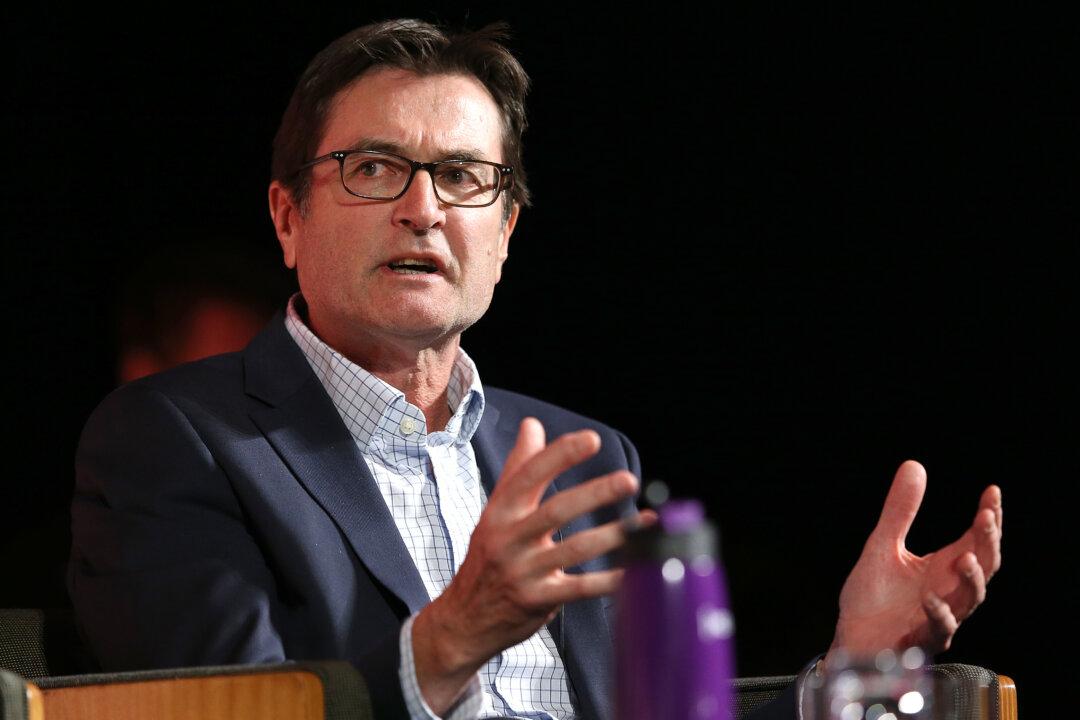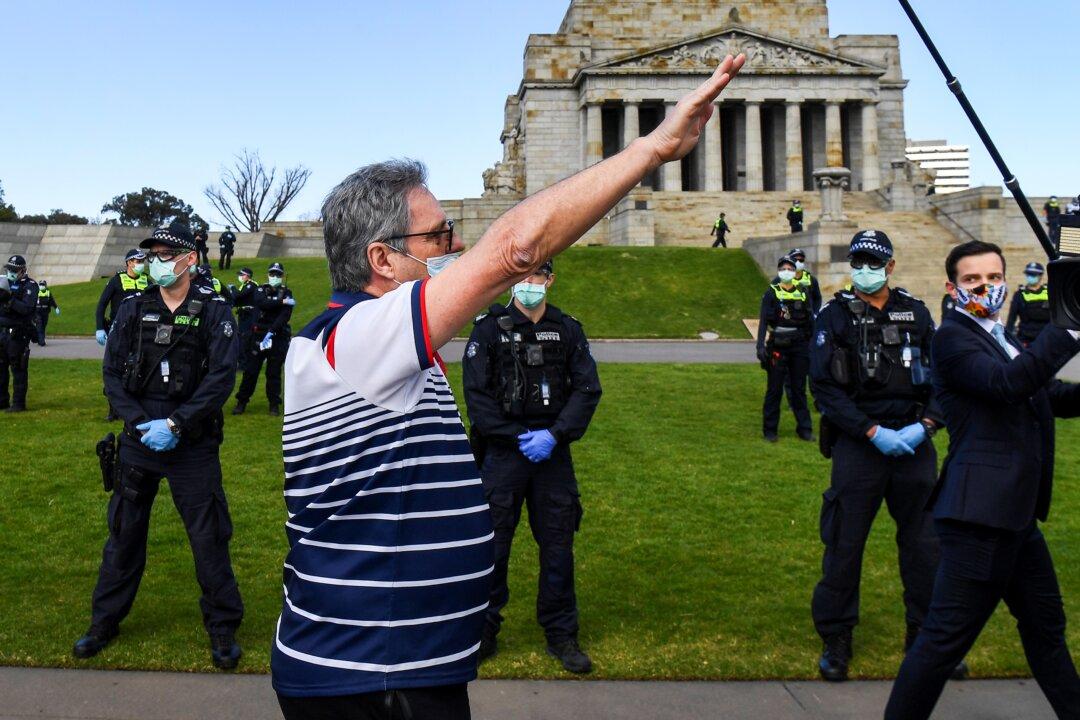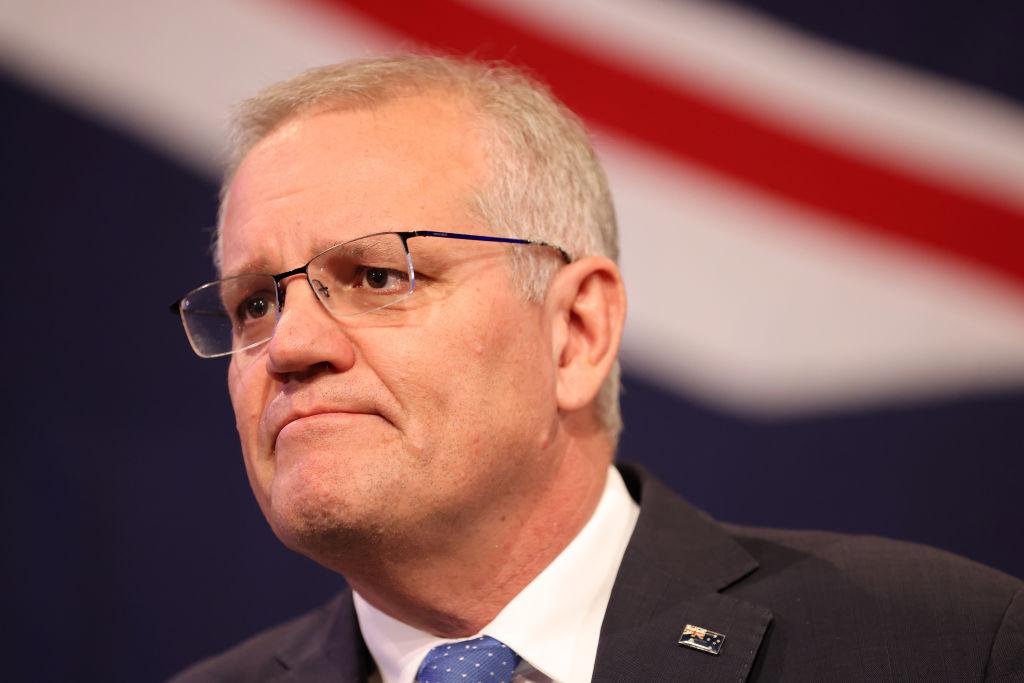Former Victorian Premier Daniel Andrews has kicked off his post-politics life by launching a career in the private sector, establishing two new companies with him as the sole director.
According to records held by the Australian Securities and Investments Commission (ASIC), Mr. Andrews registered Glencairn Street Pty Ltd on Jan. 17, and Wedgetail Partners Pty Ltd a day after on Jan. 18.
